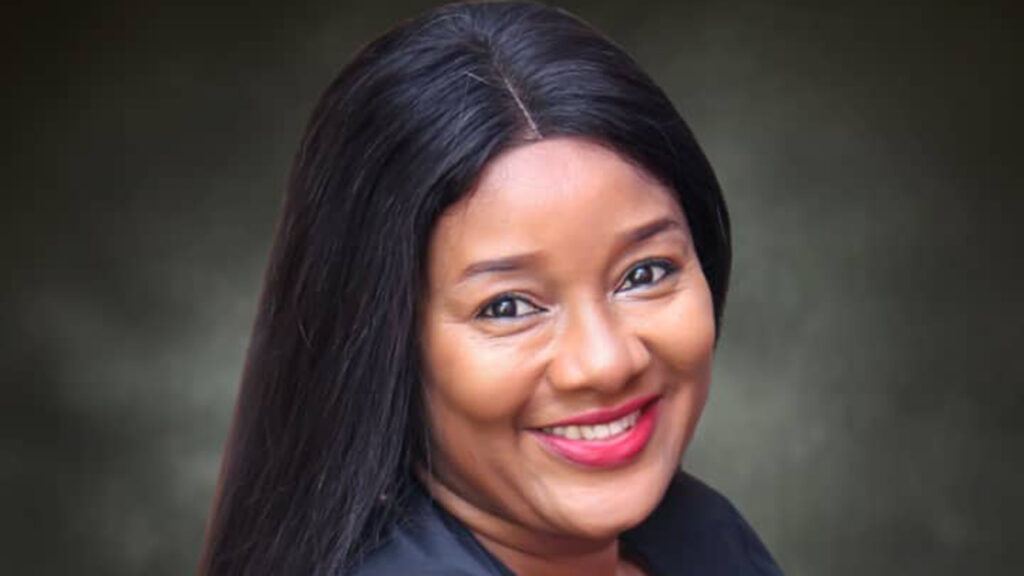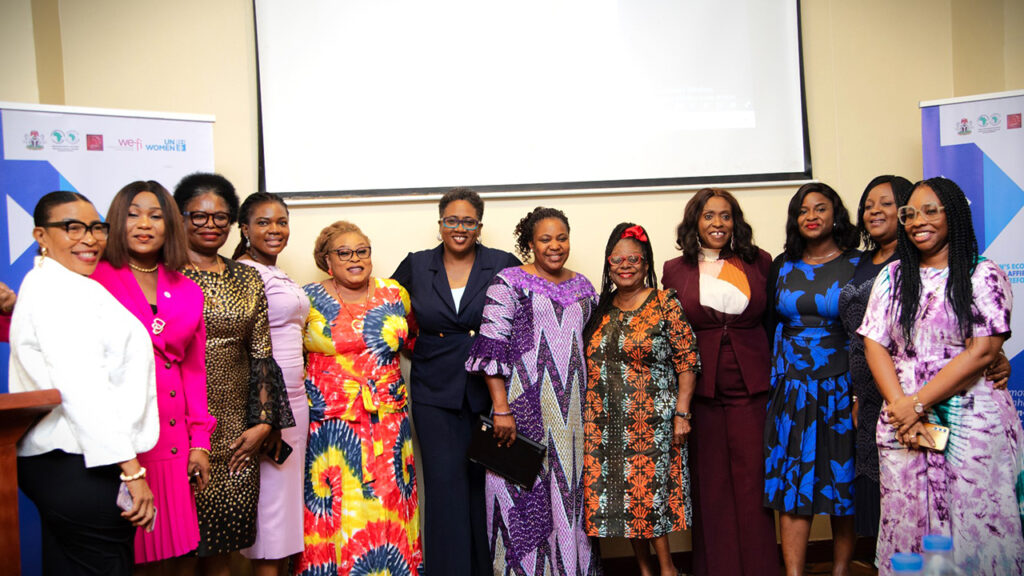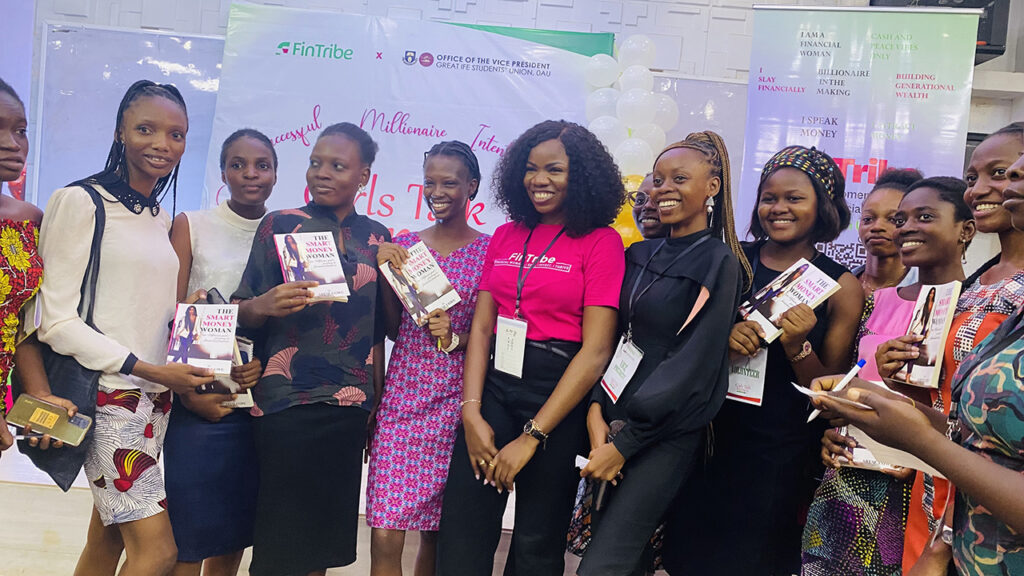 The 36 states of the federation and the Federal Capital Territory (FCT) have been ranked poorly in their prioritisation of the safety of women and girls, especially from Sexual and Gender-Based Violence (SGBV).
The 36 states of the federation and the Federal Capital Territory (FCT) have been ranked poorly in their prioritisation of the safety of women and girls, especially from Sexual and Gender-Based Violence (SGBV).
This assessment follows the completion of The Scorecard Report, the outcome of a research project by the Stand to End Rape Initiative (STER) in collaboration with TechHer, which measured state-by-state SGBV response and prevention mechanisms in Nigeria.
Of all 36 states and the FCT, none scored more than 69 per cent in the ranking scale, with Ekiti State clinching the position of best-performing state while Kaduna State came last.
The vast majority of states, including the FCT, were found to have fallen short of meeting global standards for five key indicators.
These indices include coordinated management and capacity for SGBV response; effectiveness of the criminal justice system; adoption of laws and policies; financial support system for SGBV prevention and response services as well as community engagement and awareness efforts.
The Scorecard Report rates all states based on data collected and validated from relevant government Ministries, Departments and Agencies (MDAs) responsible for preventing and responding to SGBV in Nigeria.
These included the Ministries of Justice, Women’s Affairs and Health. Data was also sourced from government-owned Sexual Assault Referral Centres (SARCS) and state universities. It has also been launched just as states head to the polls to pick their next governors.
STER’s Executive Director, Ayodeji Osowobi, decried the poor performance of states in the rankings, saying: “Several state governors speak to developing the economy, landscape and structure of their states, but many have kept silent about efforts they have taken or will take to promote the safety of women from violence. Women’s rights and safety must be at the front burner of each state’s agenda, and this scorecard helps to set the tone for collective accountability.”
She further stressed the need for women’s safety to become a priority for society as a whole, highlighting how the Scorecard Report ensures such an outcome.
“As we are in the election season, most aspirants are speaking about ways they will improve the state’s IGR and landscape, but only a few are prioritising women’s rights and safety. We want residents/voters to make informed decisions on whom to elect as governors of their state,” she said.
Widespread trends of poor funding for sustainable prevention and response mechanisms were noted as part of the worrisome signals of the reluctance of state governments to prioritise tackling sexual violence in Nigeria.
Each state in the report ranked well below 50 per cent, with the best-performing states barely reaching the 38 per cent mark for financial commitment.
Remarking on the woeful performance across board, TechHer Head of Programmes, Peter Akinnusi, said: “The attitude displayed by states across each of the report’s indices is an indicator of a dire state of affairs as far as preventing sexual violence is concerned. From the failure of states to institute simple data collection protocols to mediocre community engagement efforts and even inadequate access to justice pathways, there is clear room for immense improvement.
“State governments must, as a matter of urgency, rethink their approach to ensuring the safety of women and girls in Nigeria.”
Programmes Officer of STER, Adedoyin Adeeso, harped on the need for increased implementation of relevant anti-SGBV laws including the Violence Against Persons Prohibition Law (VAPP) of 2015. She harped on the need for increased enforcement of such laws to punish perpetrators and deter potential culprits.
“Accountability is very important for us to hit our sustainable development goal and build a safe and equal world. The Presidency and state governments have recently made cases for their performance over their respective tenures. With the gubernatorial elections, this report provides an excellent opportunity to measure efforts to ensure a level of safety available for women and girls and SGBV survivors against standards that the state governors purport. The report also further assesses how aspirants have either prioritised or intend to plan for women’s safety as a tool to hold government institutions accountable and demand better services,” Adeeso explained.












